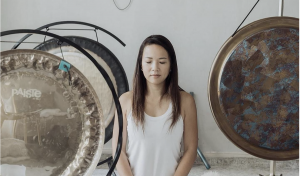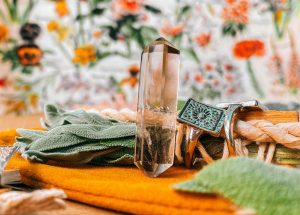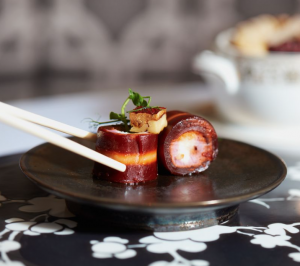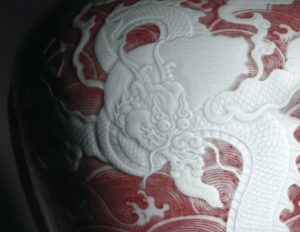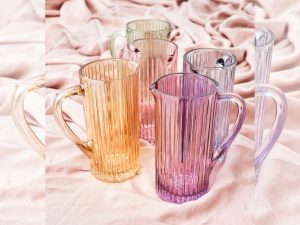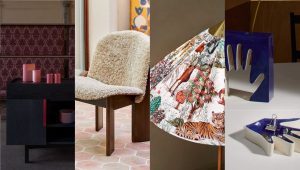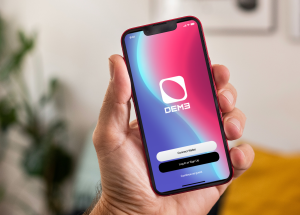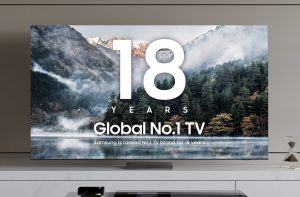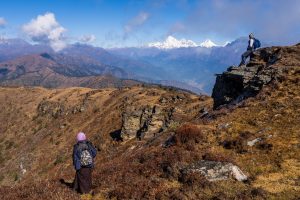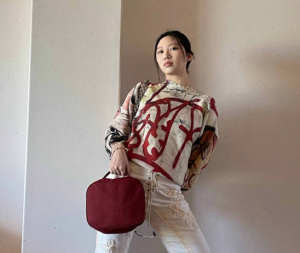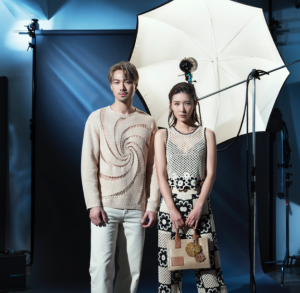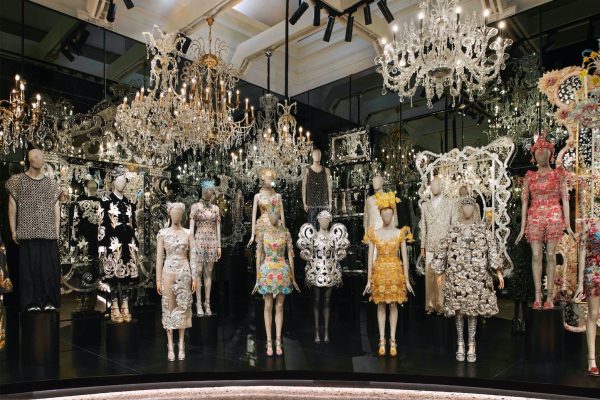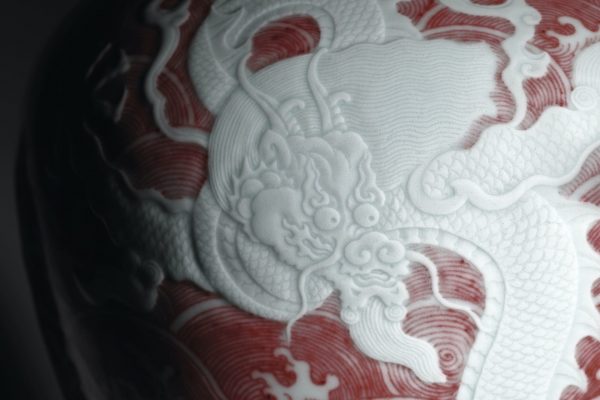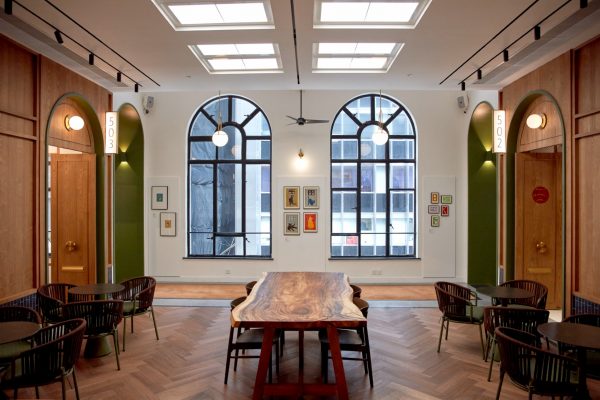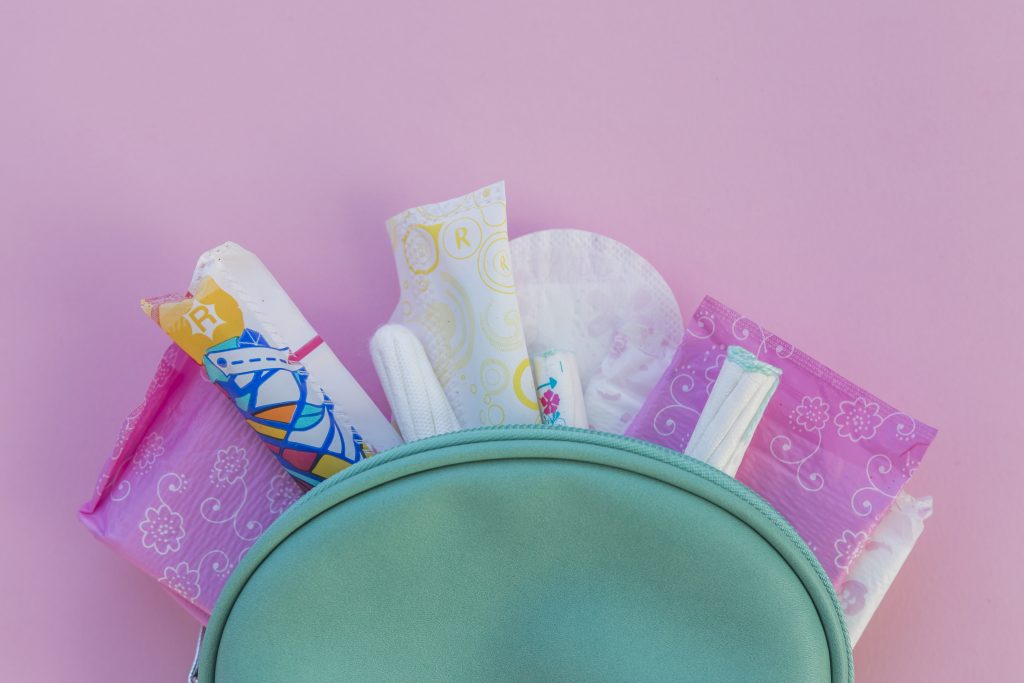
In 2017, Monica Lennon, a member of the Scottish Parliament, proposed a Bill to make menstrual products free for anyone who wishes to purchase them. The Period Products (Free Provision) Bill passed the first of the three stages of Scottish Parliament on the 25th of February 2020 with a vote of 112 – 0. If it successfully passes the other two stages, it will make Scotland the very first country where people have access to free menstrual products like pads or tampons.
Free period products are now available to more than half a million people across #Scotland.
— Scottish Government (@scotgov) February 19, 2020
We're building on our world-leading action to ensure period dignity by supporting the principles of the Period Products (Free Provision) (Scotland) Bill.
➡️ https://t.co/6j06Aqy0fu pic.twitter.com/rzAxocQmwr
According to UNICEF, around 26 percent of the world’s population has periods. This statistic, however, refers only to cisgender women of reproductive age (15 to 49) who are documented residents in their countries. If one were to also account for pre-transition transgender men globally and cisgender women who live in remote places that cannot be polled in national censes or who are undocumented immigrants, the percentage may be much higher. However, even if we take the base 26 percent figure, that is still a significant amount of the human population that needs access to period products. Products that most governments refer to as luxury goods and so implement what is referred to as the “pink tax”.
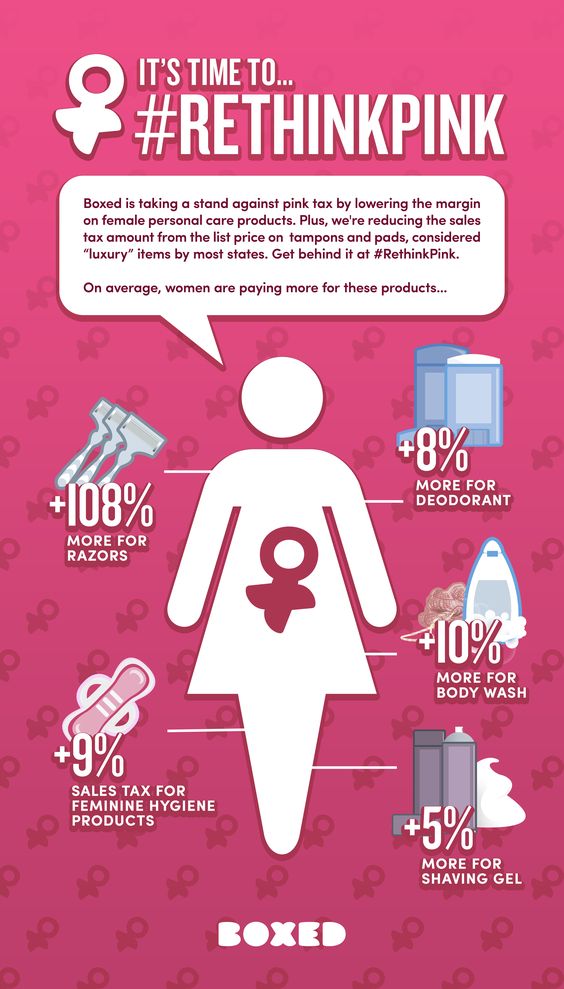
In a report by the United States Congress’s Joint Economic Committee in 2016, the pink tax is a broad term that refers to a mark up in prices for women’s products when compared to men’s products. Since the mark up was most prominent on items that were, you guessed it, pink, the term “pink tax” was coined. The report estimated that the tax costs individual women, living in the US, an average of $ 2135 annually. While it applies to a range of items including children’s toys and clothes, it also affects personal care items- the umbrella term that encompasses period products as well. The pink tax makes it so that people that are already struggling economically are even more disadvantaged when it comes to periods. This is where period NGOs come in.
Period NGOs refers to NGOs or Non-Profit Organizations that are working to spread awareness and end the stigma surrounding periods while also giving people access to menstrual products and education. For many, the two go hand in hand, especially since a lot of people lack understanding about what periods are from a biological standpoint. PERIOD, in particular, is a Non-Profit operating out of Portland, Oregon in the United States (with international chapters as well). It aims to provide women living below the poverty line with access to proper period products and end stigma through “service, advocacy and education”.
Anusha Singh, National Policy Coordinator at PERIOD, said, “Cost tends to be a large barrier when trying to gain access to menstrual hygiene products. It costs the average person who menstruates an estimated $11,000 in their lifetime on tampons alone and lack of access to menstrual products proves to be a barrier for 1/5 girls going to school. Further, a recent study in St. Louis reported that nearly 46% of low-income women have to choose between food and access to menstrual hygiene products. At the end of the day, menstrual hygiene is not a luxury, it is a human right”.
She went on to talk about how the existence of a pink tax is evidence of gender inequality in society with products that are essentially basic needs being charged as if they were luxury goods. This is one of the reasons why PERIOD launched a campaign in Ohio to remove the pink tax. Ohio was one of the remaining 35 states in the US to still implement the pink tax come 2019. After a national petition, press conferences and gatherings, the campaign that had been headed by Singh, resulted in Ohio Governor Mike DeWine signing a bill to repeal the pink tax in the state in November 2019.
View this post on InstagramA post shared by RedTalks (@letsredtalks) on
The removal of the pink tax is a victory for many period NGOs. However, according to RedTalks, a Malaysian Non-Profit, it is not the only factor in, what is referred to as, “period poverty”. Period poverty, as defined by the American Medical Women’s Association, “refers to the inadequate access to menstrual hygiene tools and education, including but not limited to sanitary products, washing facilities, and waste management”. When talking about the subject, Charmaine Cheong, Co-founder of RedTalks, like Singh also mentioned how low-income women end up having to choose between a meal or buying a pad or tampon when they are menstruating. “For something that is a monthly necessity for a biological process that 50% of the population faces, menstrual products are not priced cheap nor made as easily available as they should be”, Cheong said. She saw the Bill from Scotland as great way forward: “When women cannot afford or access proper sanitary products, more often than not, they are forced to put their life on hold, with an example of young girls who have to miss important days of school when they are on their period because they don’t have the products they need. When there is no access to proper sanitary products, many are forced to turn to alternatives such as socks, rags and newspapers which are evidently unsanitary and could pose future health risks and infections”.
Topics like periods, sex and menstrual hygiene are often taboo to such an extent that they end up affecting the health of young girls and women. Cheong noted that in various countries, “those who experience periods are ostracised from their communities during their cycle, their menstruation becoming a topic of shame”. In countries like India and Nepal for instance, women are sometimes sent to menstrual huts or made to sleep in different rooms during their period. Some communities also expect that during the two to seven days that the woman is menstruating, she should not engage in household work or religious practises. NGO WoMena, founded in Uganda, was commissioned by the UNFPA to conduct a study about Menstrual Health Management in East and Southern Africa in 2018. They cite several studies in their review and mention how sometimes girls are even discouraged “from touching their genitals or bathing during menstruation” which can lead to a plethora of health and reproductive issues. WoMena also referred to studies from Kenya that found that schoolgirls will also engage in transactional sex in order to gain access to pads or tampons. Several studies link transactional sex to increased numbers of HIV transmission, unwanted pregnancies and school dropouts. Uganda based period NGO Irise International said on their website, “74% of girls believe that period pain is a sign of illness, 50% of girls avoid school because of their period and 43% believe that it is harmful to run or dance during their period. Many women and girls don’t have access to sanitary products or WASH (water, sanitation and hygiene) facilities and have to use towels, cloths and sawdust to manage their periods.”
It almost like a circular cycle: without proper education, communities and societies are more likely to hold unsubstantiated or unscientific beliefs about the origin of menstruation and why it happens. This leads to periods becoming taboo or subjects that no one wants to talk about and anyone who has periods is shunned for fear of being impure or spreading illness. This refusal to allow young girls and others to remain functioning members of society during a total of 12 weeks in a year, if it remains unchecked, leads to them not being able to access proper education that would allow them to remove the stigma surrounding periods. Even in countries where the UN has implemented Menstrual Health Management as a mandatory part of the education curriculum, the negative societal perception of periods has been so deeply ingrained even in the minds of teachers that girls are not able to gain holistic knowledge about why menstruation happens and how to do deal with it. WoMena analyse this downside of the UNFPA’s Menstrual Health Management program. This culturally caused implementation gap of sorts is what period NGOs are trying to bridge.
When it comes to period poverty, economic policies upholding gender discriminatory pricing need to change along with harmful cultural and educational practises surrounding menstruation. Even Malaysia removed the pink tax nationally on the 30th of August 2018, but it still faces other issues when it comes to the stigma surrounding periods and other related topics in a predominantly Muslim society where periods are seen as being impure or unclean. For Cheong, a way to change the way that people interact with the topic is to, “start conversations on periods, destroy the stigma surrounding such matters to create an environment that is open and understanding to the circumstances of those who experience periods”.




